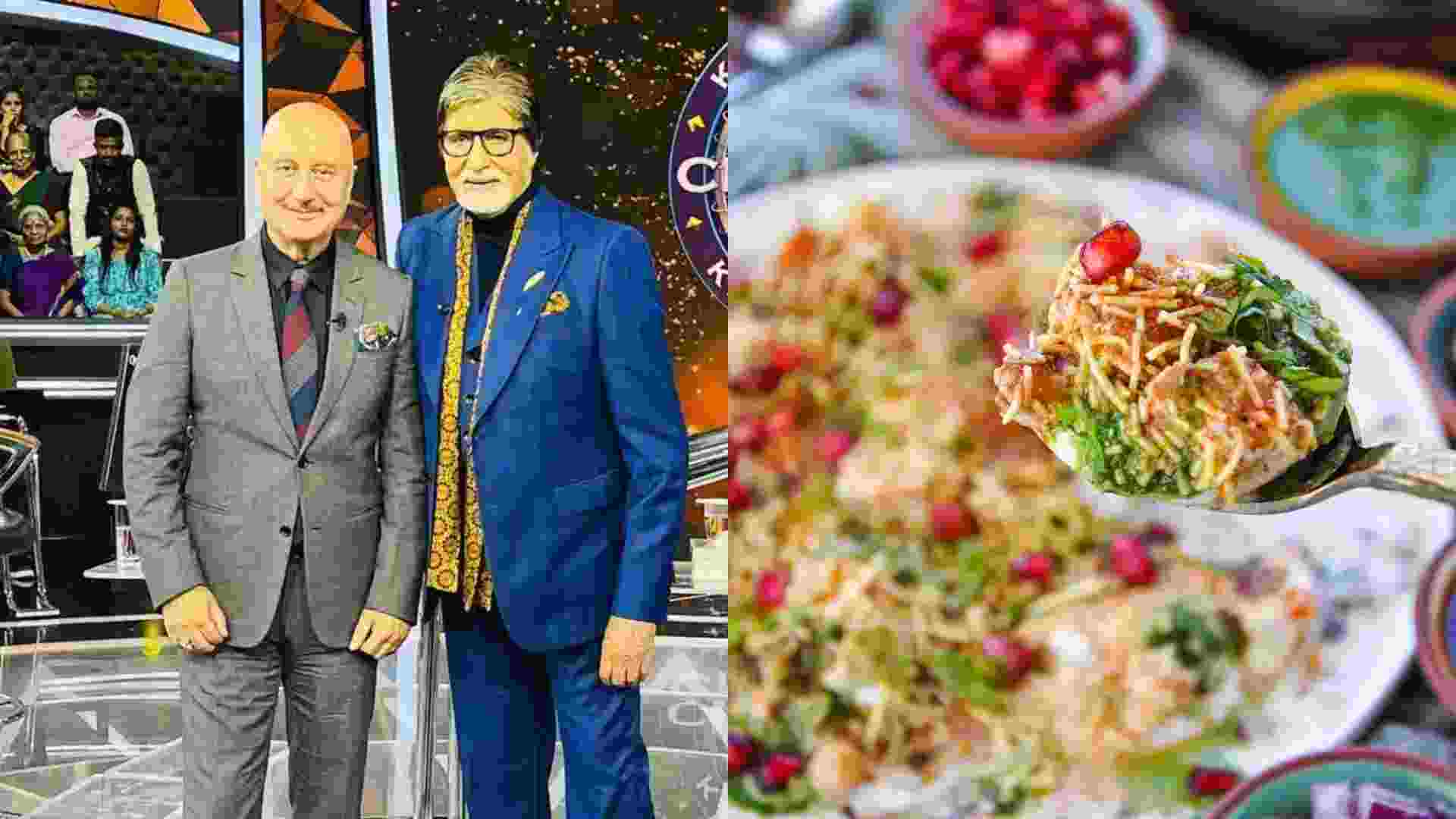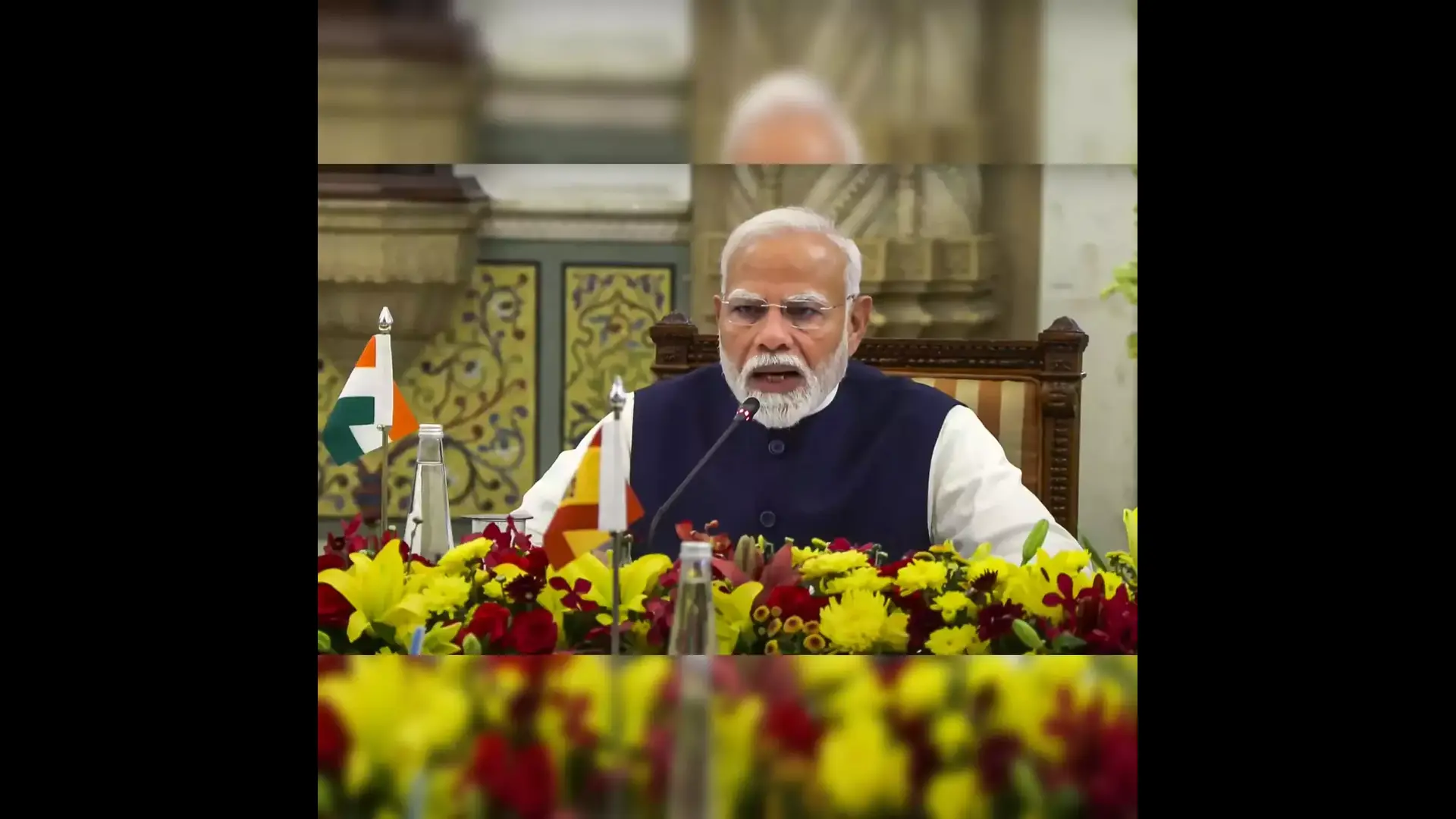
Recent health trends have promoted using copper vessels and heated lemon water as remedies for various ailments. However, nutritionist Luke Coutinho warns that these practices may have risks when overused.
In a recent Instagram post, Coutinho shared the case of Akira, a 17-year-old girl who experienced severe abdominal pain each morning. The pain lasted for only 2-3 hours before disappearing. It was discovered that Akira’s family had recently started drinking heated lemon water from copper mugs, which Coutinho identified as the likely cause. After stopping this practice, Akira’s pain resolved.
View this post on Instagram
Coutinho highlights that moderation is crucial and that excessive use of copper vessels can pose health risks. Neelanjana J, a dietician at Apollo Clinic, JP Nagar, explains that while copper containers may offer some benefits, excessive use can lead to copper poisoning. Drinking more than 1-2 cups daily from copper vessels can cause copper toxicity, gastrointestinal distress, liver damage, and neurological issues.
Ipsita Chakraborty, a senior nutritionist at Hungry Koala, notes that the World Health Organization (WHO) advises a maximum daily copper intake of 2 milligrams per liter of water. She also warns that adding hot water or acidic substances like lemon juice to copper vessels can accelerate the release of copper into the water, leading to harmful compounds and increased health risks.
Neelanjana advises against using copper vessels for heated or lemon-infused water due to potential toxic reactions. Pregnant women, children, and individuals with chronic liver conditions should be particularly cautious, as excess copper can affect fetal development and worsen liver health.
Chakraborty addresses common misconceptions about copper water, noting that while copper has antimicrobial properties, it is not a cure-all and should not be relied upon for treating serious diseases. Additionally, excessive copper intake can be harmful, and copper vessels are not a substitute for proper water purification methods.















